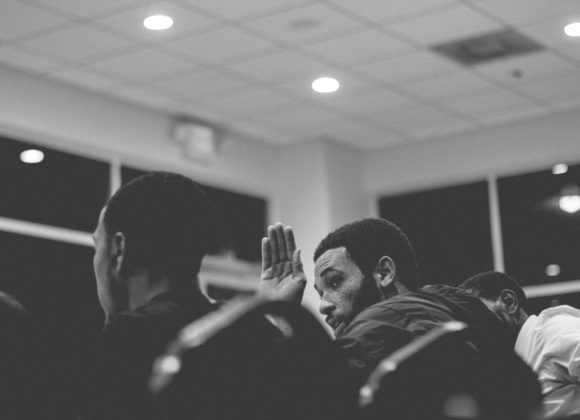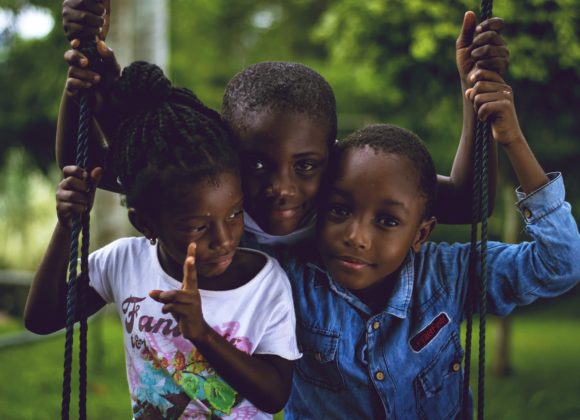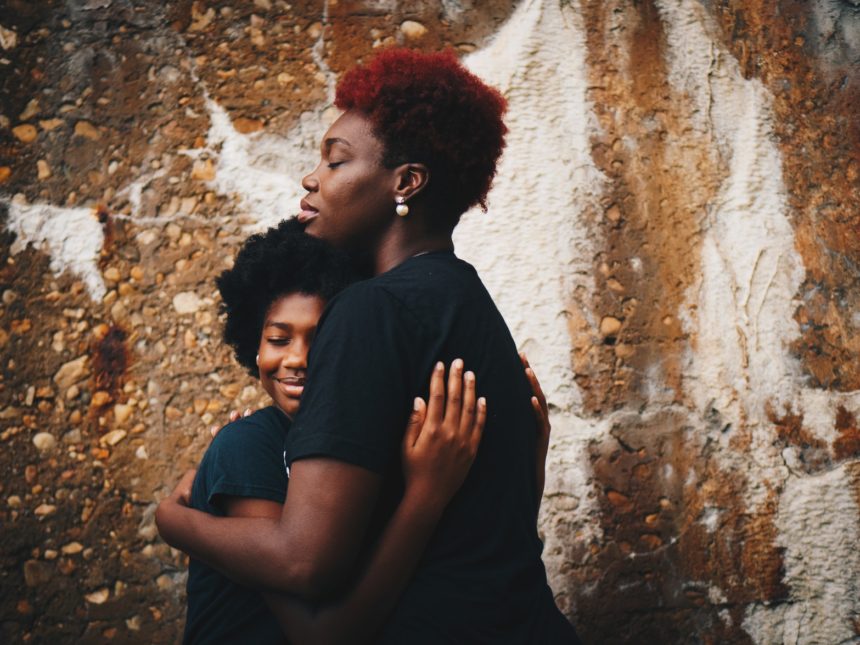From Genesis 4:1-9:
Adam[a] made love to his wife Eve, and she became pregnant and gave birth to Cain.[b] She said, “With the help of the Lord I have brought forth[c] a man.” 2 Later she gave birth to his brother Abel. Now Abel kept flocks, and Cain worked the soil. 3 In the course of time Cain brought some of the fruits of the soil as an offering to the Lord. 4 And Abel also brought an offering—fat portions from some of the firstborn of his flock. The Lord looked with favor on Abel and his offering, 5 but on Cain and his offering he did not look with favor. So Cain was very angry, and his face was downcast. 6 Then the Lord said to Cain, “Why are you angry? Why is your face downcast? 7 If you do what is right, will you not be accepted? But if you do not do what is right, sin is crouching at your door; it desires to have you, but you must rule over it.” 8 Now Cain said to his brother Abel, “Let’s go out to the field.”[d] While they were in the field, Cain attacked his brother Abel and killed him. 9 Then the Lord said to Cain, “Where is your brother Abel?”
“I don’t know,” he replied. “Am I my brother’s keeper?”
After the Lord God had expelled Adam and Eve from the Garden of Eden for their disobedience, Cain killed his brother out of jealousy that God had found Abel’s sacrifice acceptable, but He had rejected Cain’s. After Cain murdered his brother Abel, God asked him where his brother was. Cain‘s question, “Am I my brother’s keeper?”, was delivered in the form of an answer to the Lord, and also serves as inspiration for our theme this month at Peace Missionary Baptist Church.

Aside from the fact that Abel was his brother, perhaps the most disheartening thing about Cain’s reply is that it lacks empathy and shows a total disregard for the wellbeing of another. Though many misinterpret his question to have a literal meaning, Cain’s words have come to symbolize people’s unwillingness to accept responsibility for the welfare of others, including loved ones and members of your community. While we agree that no one is the absolute “keeper” of others, in that we are not responsible for everyone’s safety when we are not present, every man is his brother’s keeper in that we are not to commit acts of hatred against them or allow others to do so (if we can prevent it).

This month, our family at Peace Missionary Baptist Church celebrates being dutiful “keepers” of our brothers. Not only referring to our “brothers” in the literal sense, but also meaning our church and local communities, respectively.
Tell Us: How will you be a “keeper” this month?

